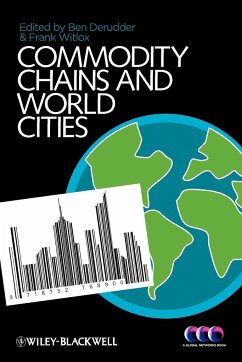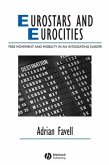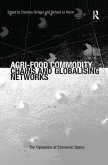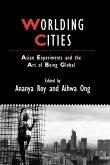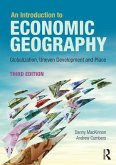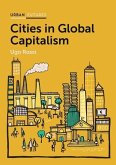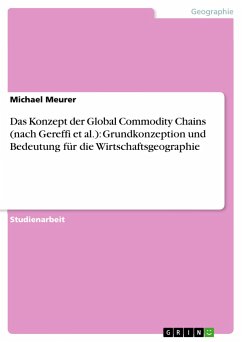Transnational spatial relations offer a key point from which to study the geographies of contemporary globalization. This book assesses the possible cross-fertilization between two of the most notable analytical frameworks - the world city network framework and the global commodity chain framework. * Transnational spatial relations have become a key analytical lens through which to study the geographies of contemporary globalization * Brings together contributions of key researchers from different backgrounds and different parts of the world * Offers a set of original approaches to the study of the networked geography of globalization
Hinweis: Dieser Artikel kann nur an eine deutsche Lieferadresse ausgeliefert werden.
Hinweis: Dieser Artikel kann nur an eine deutsche Lieferadresse ausgeliefert werden.
"The Global Commodity Chain framework looks at the interconnected functions, operations, and transactions through which specific commodities are produced, distributed, and consumed. The purpose here is to assess the possible cross-fertilization of the two in order to strengthen the critique of conventional state-centric social science that both engage in separately. Contributors whose disciplines are not revealed - presumably economists and geographers like the editors - consider such topics as exploring the role of Mexico City in the geography of global economic governance, urban places in the system of chains, and intra-firm and extra-firm linkages in the knowledge economy as exemplified by the emerging mega-city where Munich once stood." ( Reference and Research Book News , February 2011)

